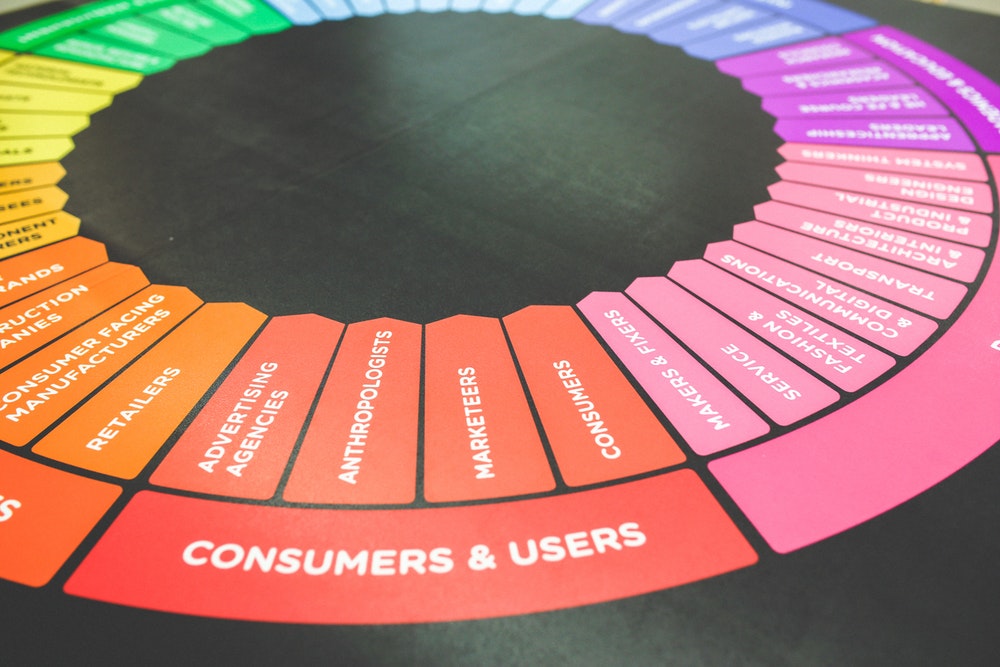During the months of August and September 2019, The Advertising Standards Council of India (ASCI) investigated complaints against 564 advertisements, of which 179 advertisements were promptly withdrawn by the advertisers on receipt of communication from ASCI. The independent Consumer Complaints Council (CCC) of ASCI evaluated 385 advertisements, of which complaints against 344 advertisements were upheld. Of these 344 advertisements, 259 belonged to the education sector, 50 belonged to the healthcare sector, eight to personal care, eight to the food & beverages sector, and 19 were from the ‘others’ category.
There were several prominent brands in the Food and Beverage sector making comparative claims regarding the product composition, taste preferences, health benefits or market leadership. Many of the claims were not adequately substantiated.
One such discrepancy was found for a leading dairy brand who presented their butter cookies to be superior due to presence of 25% butter and 0% vegetable oil. However, they made a sweeping statement that “other” butter cookies contain only 0.3% to 3% butter and 20% to 22% Vegetable Oil without presenting any verifiable evidence. Another snack brand, endorsed by a prominent cricket celebrity claimed that up to 60% of people said that their baked snack was tastier than other fried snack brands. However, this claim was not conclusively proven. The same celebrity also endorsed a leadership claim for a food supplement brand “No. 1Supplement for Men”. As this ranking was achieved in the UK and not in India, the claim was considered to be misleading. Advertisement by an edible oil brand implied that consumers should switch from their current heart oil to their product as it takes “Complete care of their heart”. Their claim stating that consumer’s current heart oil cannot fight against heart problems was considered to be disparaging as well as it seemed likely to scare the consumer into buying the product.
Mr. Rohit Gupta, Chairman, ASCI said “Recently as per media reports, Food Safety and Standards Authority of India (FSSAI) issued a statement that the advertisers must desist from making misleading claims and that the food companies could be liable to pay a fine of up to INR 10 lakhs. Consequences of misleading advertising are grave, not only for the public but also for advertisers as it damages their reputation and breaks consumers’ trust in their products. ASCI encourages advertisers to follow the ASCI Code for self-regulation in advertising and Guidelines for Food and Beverages sector in particular so that all stakeholder interests are taken care of.”
ASCI continues to receive consumer complaints regarding misleading advertisements in the Food and Beverages sector. One complaint was against a brand positioned to be for diabetics and pre-diabetics. The CCC opined that even though the product contained low GI sugar, it still was sugar and should not have been positioned “diabetes friendly” as it was likely to do more harm. A popular instant noodle brand did not mention in their communication if the noodles were fried or not, as required by FSSAI. One of India’s oldest biscuit manufacturers claimed “33% extra” on their product packaging, without mentioning the basis of comparison alongside the offer claim.

